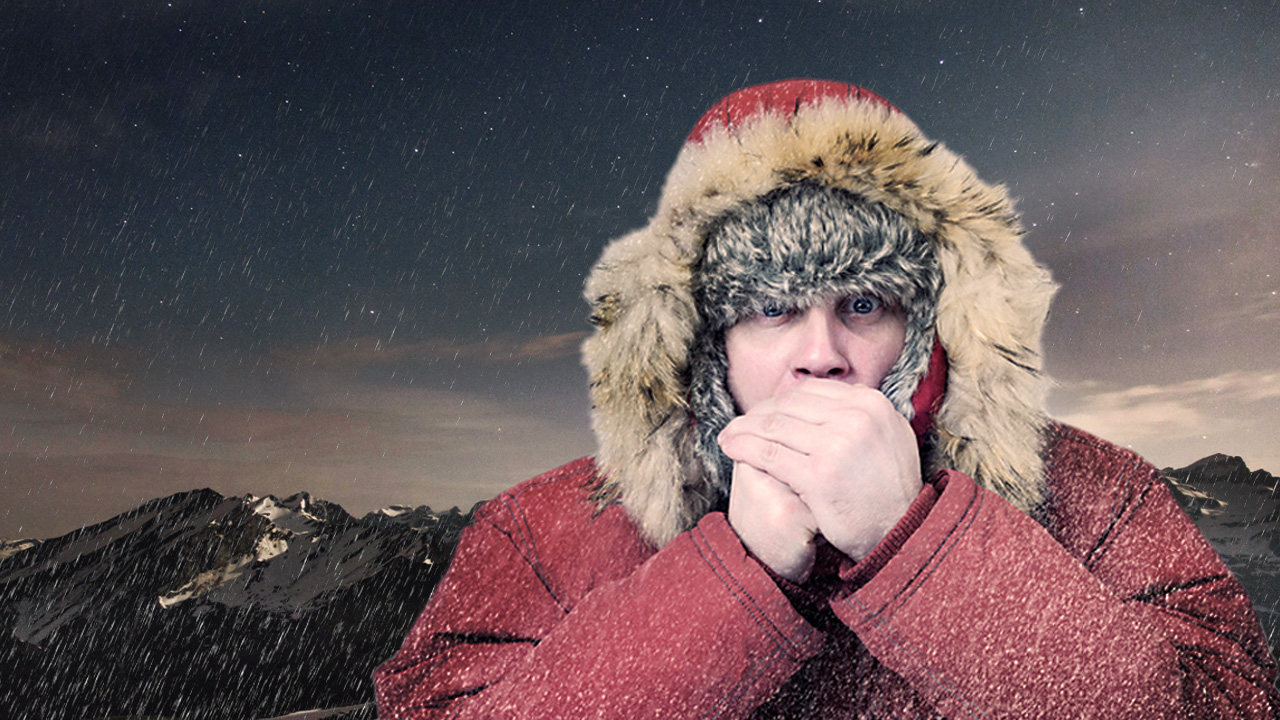How astronomers survive the winter: 3 quick tips, for more comfort when you are observing
Wonderful in the warmth of the summer, but miserable in winter? Not at all! What you can do to observe comfortably even when it’s cold.

How can I survive for hours on a freezing cold winter night under the starry sky?
Why do I see pictures of astronomers standing next to their telescope with a bright smile - even though that telescope is covered in a thick layer of frost that even an icebreaker would have trouble penetrating?
The answer to this mystery lies in good winter planning.
Not for the telescope, and not for the sky, this time we’re talking about the observer.
Astronomy in winter - tip 1: show us your feet
We lose the largest amount of body heat through our extremities. This means our feet in particular. We get colder faster and our blood circulation worsens. Warm feet alone make a large contribution to overall warmth and give our sense of well-being a boost.
But which shoes give me the greatest protection against the cold?
The solution is: moonboots. When I slip into the famous moonboots, I feel a little like I’m walking on clouds or snuggled up warm with Old Mother Frost. They may not be easy to walk long distances in, but these boots will keep your feet nice and warm. Of course, you can also use other warm boots, but the moonboot’s thick and fluffy lining plays a big role here.
If you only take one tip, it's this one. You will be rewarded with warm feet, and little else can go wrong.
Astronomy in winter - tip 2: onions without tears
Actually, this one is well-known and still many do not take it to heart: the onion strategy. You have probably already realised that we are not talking about onions that give tears to your eyes.
A warm jacket with a sleeveless t-shirt underneath would not keep you warm for long. The secret of cosy warmth is several thin layers of clothing under the jacket, which should lie fairly loosely against your body. Just like an onion. This creates pockets of air that have a heat-insulating effect.
Sometimes there are simple solutions that were originally intended for a completely different purpose.
What are they?
I like to use cold-store overalls designed for eight-hour shifts in a refrigerated warehouse. These need to protect their wearer even if the temperature reaches -40° Celsius. The overalls were a revelation when I tried them for the first time. All of a sudden, being freezing cold was just an annoying concept that actually had nothing to do with reality.
Gloves and a hat are equally important. Our head is particularly sensitive to cold temperatures, so it makes sense for our well-being to ensure it is properly and warmly protected.
Astronomy in winter - tip 3: our internal oven
We usually only think of warm clothing, i.e. an insulating layer that separates our body from the cold, when we are getting ready to observe.
Most people do not think of heating ourselves from the inside. But it accounts for a large part of what we perceived as pleasant warmth.
But how do we put a few logs in our inner oven and fan the flames?
I have a surprise for you: hot drinks and hot or spicy food.
Always take a hot drink in a thermos flask with you when observing. Hot tea heats the body from the inside. If we drink something hot, we will freeze less. Why? Because then we give the body no need to defend itself against the cold. It feels comfortable!
You can also heat your inner oven with hot soup or some chilli or ginger in your food or drink. The spicy heat stimulates your blood circulation and warms you from the inside.
The next cold night spent beside your telescope? It will really be no big deal.
These were our three quick tips to make you feel better and warmer when observing in winter, even if you would rather be concentrating on your telescope and your chosen celestial targets. Your body and your well-being will benefit from clever planning to combat the cold. And ultimately, your observation evening will be more pleasurable.
We wish you a wonderful winter season. Watch out for yourself and your targets.
